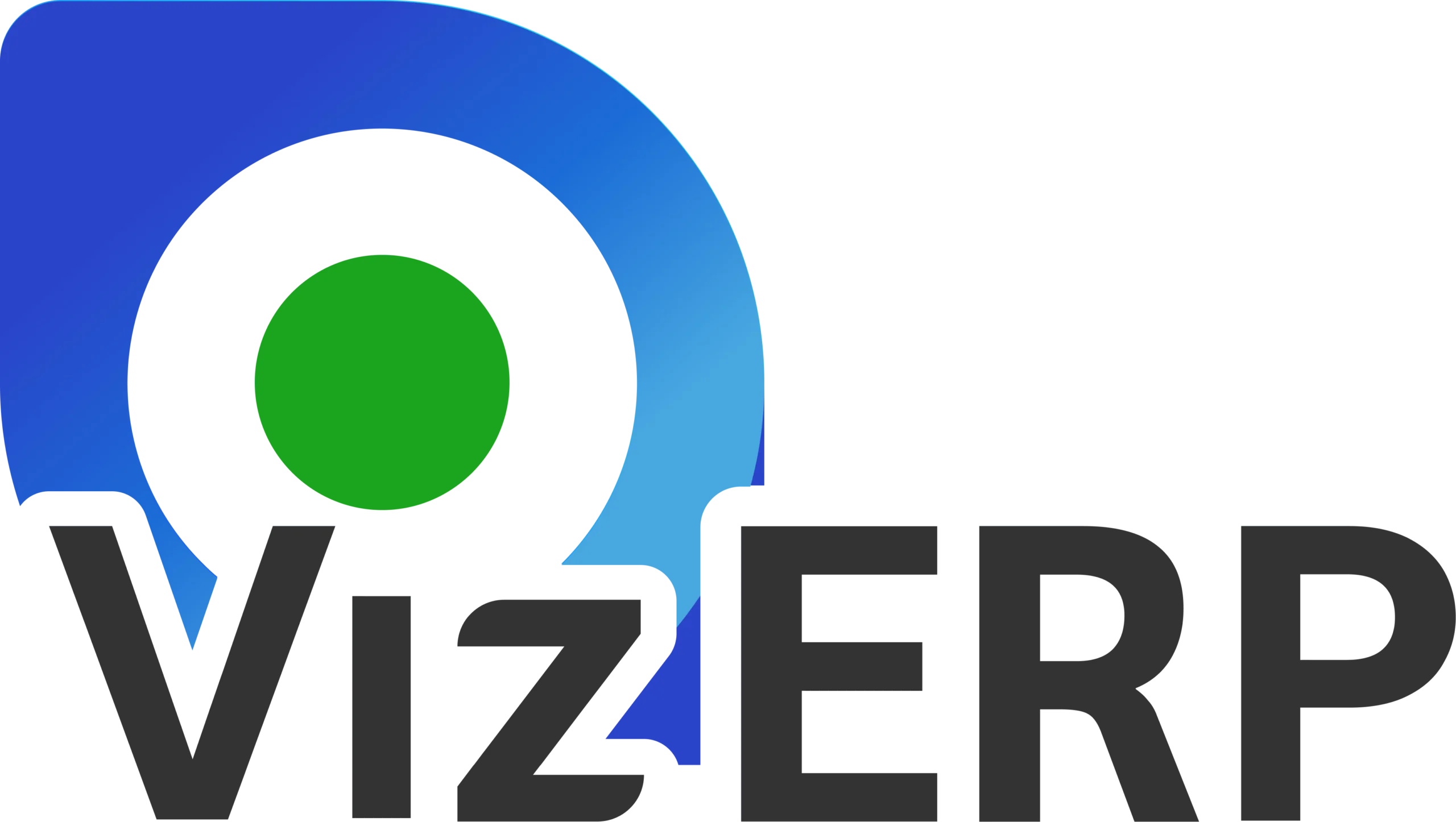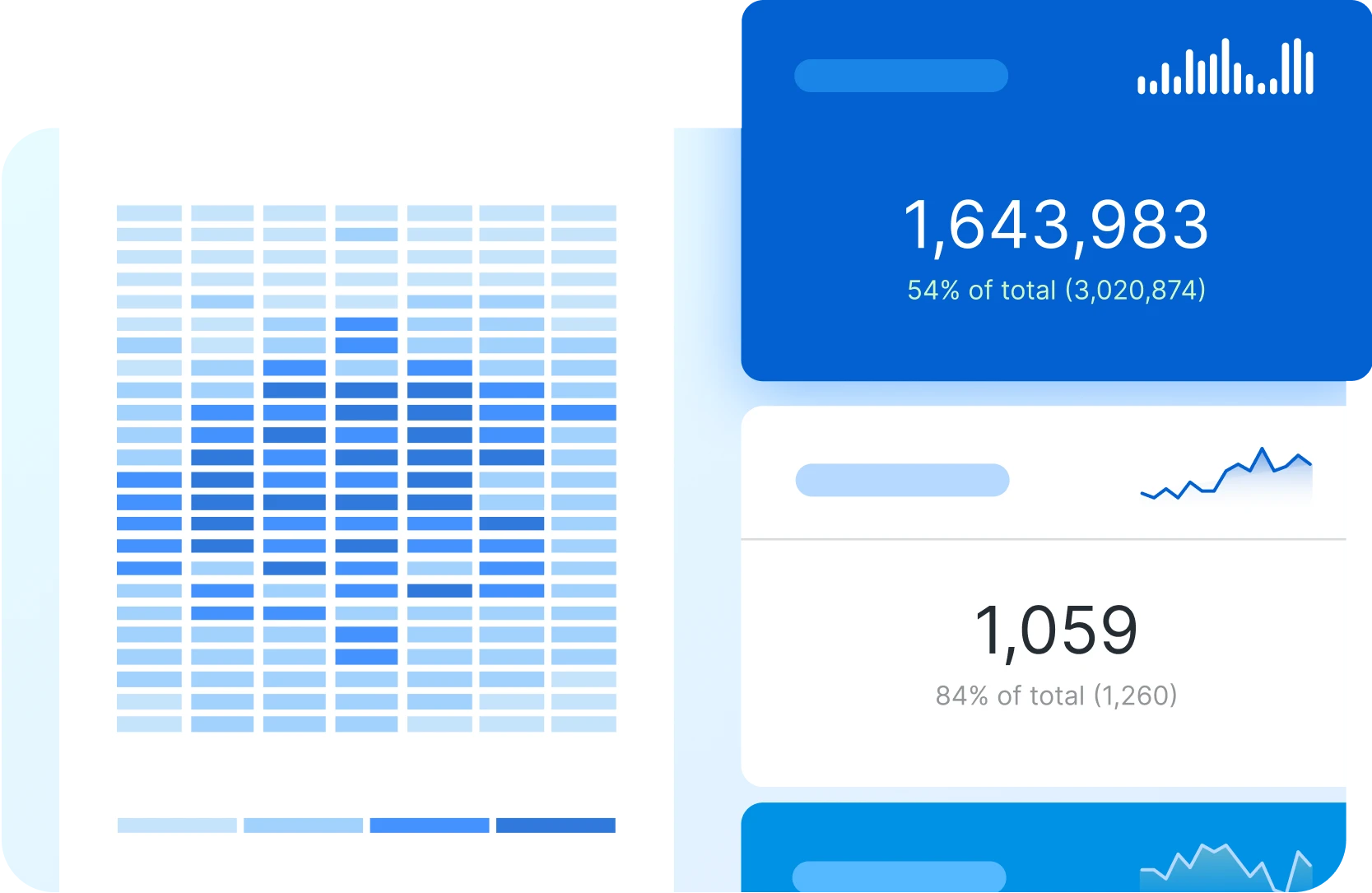Implementing an Enterprise Resource Planning (ERP) system in a healthcare setting is a transformative step that can lead to significant improvements in efficiency, patient care, and operational management. However, the journey to a successful ERP implementation is not without its challenges. Healthcare organizations often face unique hurdles during the ERP adoption process, from integrating with existing systems to managing change among staff. Understanding these challenges and how to overcome them is crucial for ensuring a smooth and effective implementation. Here’s a look at some of the most common challenges in healthcare ERP implementation and strategies to address them.
1. Integration with Existing Systems: One of the primary challenges in implementing an ERP system in healthcare is integrating it with existing systems, such as Electronic Medical Records (EMR), Laboratory Information Systems (LIS), and other specialized healthcare software. These systems often contain critical patient data and are deeply embedded in the daily operations of the organization. The difficulty lies in ensuring seamless data exchange between the ERP and these legacy systems without disrupting ongoing operations.
Solution:
To overcome this challenge, it’s essential to choose an ERP system with robust integration capabilities. VizERP, for example, offers powerful integration tools that ensure compatibility with existing healthcare systems. During the planning phase, work closely with your IT team and the ERP vendor to map out how the systems will integrate. Conduct thorough testing in a controlled environment before full-scale implementation to identify and resolve any integration issues.
2. Data Migration: Migrating data from legacy systems to a new ERP platform can be a daunting task. Healthcare organizations often deal with vast amounts of sensitive and complex data, including patient records, billing information, and compliance documents. Ensuring the accuracy, completeness, and security of this data during migration is critical.
Solution:
Start by conducting a detailed data audit to identify what data needs to be migrated and what can be archived or discarded. Develop a clear data migration plan that outlines the steps for extracting, transforming, and loading data into the new system. It’s also crucial to involve data experts who understand the nuances of healthcare data. Throughout the migration process, run validation tests to ensure data integrity and address any discrepancies before going live.
3. Change Management and Staff Training: Implementing a new ERP system often requires significant changes to existing workflows and processes. Staff may be resistant to these changes, particularly if they are accustomed to the old systems. Inadequate training can lead to a lack of confidence in using the new system, resulting in decreased productivity and errors.
Solution:
Effective change management is key to a successful ERP implementation. Begin by involving key stakeholders from various departments early in the process to gain their buy-in and address concerns. Develop a comprehensive training program tailored to different user roles within the organization. Training should be hands-on and ongoing, with support available to staff as they adjust to the new system. By providing the necessary resources and encouraging open communication, you can ease the transition and ensure that staff are well-prepared to use the new ERP system.
4. Budget Constraints: ERP implementations can be expensive, particularly for healthcare organizations operating with tight budgets. Costs can quickly escalate if the project is not carefully managed, leading to financial strain and potential delays.
Solution:
To manage costs effectively, develop a detailed budget that accounts for all aspects of the implementation, including software licensing, hardware upgrades, data migration, training, and ongoing support. Work with the ERP vendor to explore flexible pricing options or phased implementation approaches that spread costs over time. Regularly monitor the budget throughout the project and be prepared to adjust the scope if necessary to stay within financial limits.
5. Ensuring Compliance and Data Security: Healthcare organizations must comply with stringent regulations, such as HIPAA, GDPR, and other industry-specific standards. Implementing an ERP system introduces new data management processes, making it essential to ensure that these processes meet regulatory requirements. Additionally, protecting sensitive patient data from breaches is a top priority.
Solution:
Choose an ERP system like VizERP, which is designed with healthcare compliance in mind and offers built-in tools for managing regulatory requirements. During the implementation process, work closely with your compliance and IT security teams to review and update data protection policies. Implement robust security measures, such as encryption, access controls, and regular security audits, to safeguard patient data. Regular training on data security best practices should also be part of the staff training program.
6. Customization and Configuration Challenges: Healthcare organizations often have unique requirements that may necessitate customizing the ERP system to fit specific workflows. However, extensive customization can complicate the implementation process, lead to longer timelines, and increase costs.
Solution:
While customization may be necessary, it’s important to balance it with the need to maintain system simplicity and stability. Begin by thoroughly assessing your organization’s needs and identifying which customizations are essential versus those that are nice-to-have. Whenever possible, use out-of-the-box features or configure the system using standard tools provided by the ERP vendor. This approach helps reduce complexity and ensures that the system remains flexible for future upgrades.
7. Managing Implementation Timelines: ERP implementations are complex projects that require careful planning and coordination across multiple departments. Without clear timelines and milestones, projects can easily run over schedule, leading to delays and increased costs.
Solution:
Establish a realistic implementation timeline with clearly defined phases, milestones, and deadlines. Assign a dedicated project manager to oversee the implementation and ensure that all teams are aligned with the project plan. Regular progress meetings and status updates can help identify potential bottlenecks early and allow for course corrections. It’s also important to build in some flexibility to accommodate unforeseen challenges without derailing the entire project.
In conclusion, while implementing an ERP system in healthcare comes with its challenges, these can be successfully navigated with careful planning, the right technology partner, and a strong focus on change management. By addressing integration, data migration, training, compliance, and budget concerns proactively, healthcare organizations can ensure a smooth ERP implementation that delivers long-term benefits. VizERP, with its healthcare-specific features and robust support, is well-equipped to help organizations overcome these challenges and achieve their operational and clinical goals.





